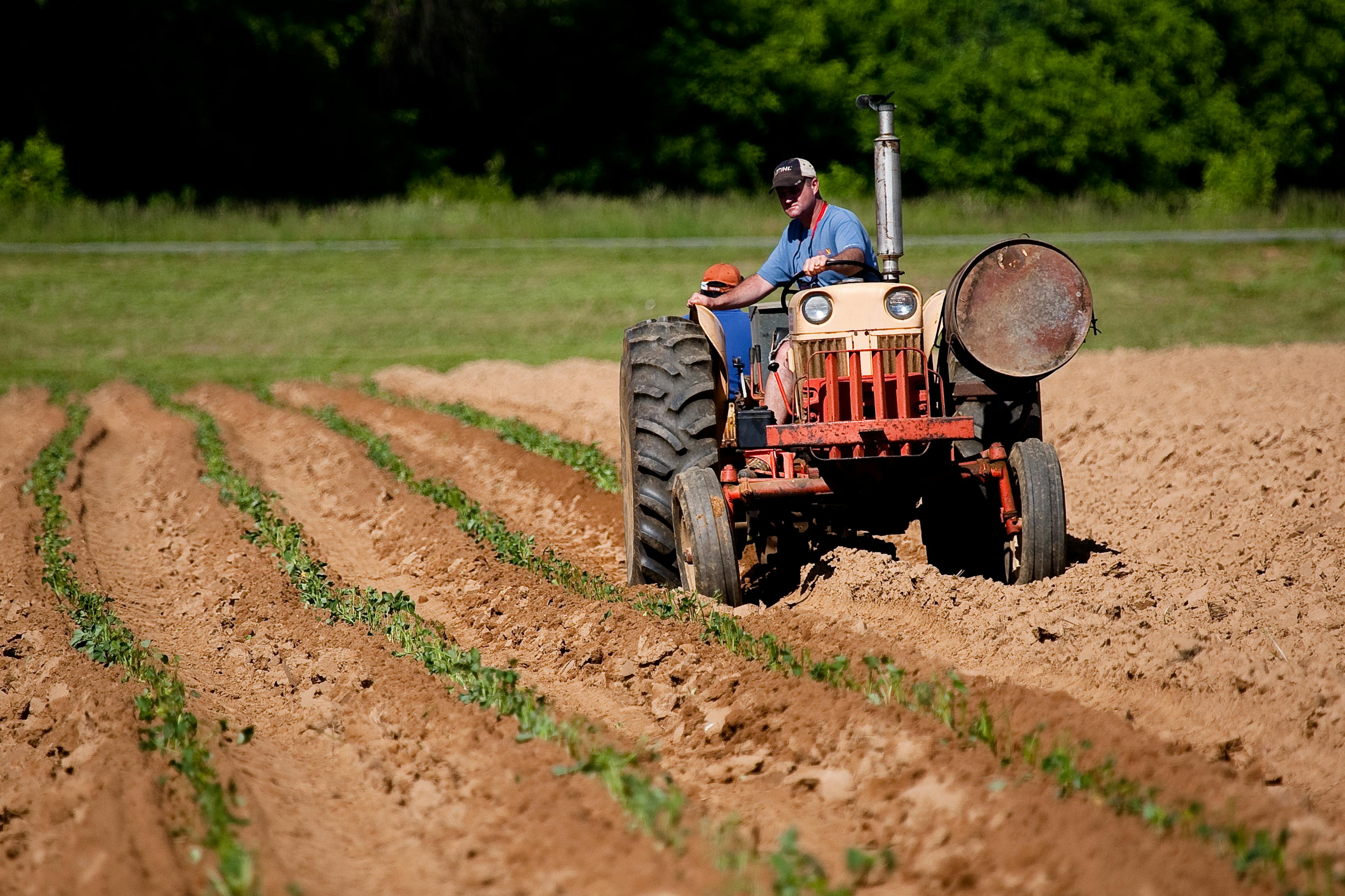 Add My Company
Add My Company

The latest rural crime report from NFU Mutual highlights how the annual cost of rural crime has shot up by 22.1% to an estimated £49.5 million. Read our latest blog to learn more.
Rural crime is a major challenge for vast areas of the UK. Unfortunately, many rural crime incidents go unreported as some victims feel there is no point. But rural crime has a huge impact, causing enormous anxiety to those affected. Insurance premiums escalate, local communities are damaged and the costs contribute to higher food prices.
Rural Crime Trends
There are a wide variety of rural crimes broadly categorised as agricultural, equine, wildlife and heritage. Agricultural crime encompasses working farms, farm machinery, farm buildings and properties. Offences commonly include theft of valuable equipment, fuel theft, property damage and livestock worrying.
Equine crime relates to stables, equestrian centres and riding schools. Common offences include the theft of valuable tack and livestock worrying.
Wildlife offences include illegal hare coursing, poaching and interfering with protected species, such as badgers. Criminal hunting is another rural crime that sadly persists in the countryside.
Heritage crime includes any offences that harm the value of British heritage assets and their settings. Offences include damage to heritage sites and ancient monuments, illegal metal detecting and theft of lead from churches and heritage buildings.
As noted, the cost of rural crime has massively escalated over the past year by around 22.1%, to an estimated £49.5 million. Whereas, in the past, rural theft may have been perpetrated by opportunist criminals on the lookout for easy-to-steal valuables, this has changed. Today we are seeing growth in organised rural crime gangs who are reported to be cashing in on the limited supply and rising costs of in-demand farm vehicles and equipment. Agricultural vehicles, such as quad bikes, along with sophisticated GPS systems and expensive tools, are favoured targets for which there are burgeoning illicit markets. The high demand for stolen high tech GPS systems is clearly reflected in insurance claims that doubled in just the first four months of 2023.
It`s widely known that quad bikes and ATVs are popular targets for organised rural crime gangs who know they are in high demand. These practical vehicles are often relied upon by rural businesses so theft can massively disrupt ongoing farm operations.
Trailers are another piece of vital farm equipment, often targeted by organised crime gangs. These essential pieces of farm machinery might only be used for a few weeks in the year, when they play a vital role. But losing these pieces of equipment to unscrupulous thieves can have an enormously detrimental impact on agricultural business operations.
Fuel theft is another significant challenge in the countryside. Fuel is not only stolen from agricultural businesses, which often retain their own supplies of diesel, its also often stolen from rural homes that rely on external fuel tanks, supplying oil for heating and cooking.
Constant Anxiety in the Countryside
Sadly, many of those targeted by rural crime gangs become repeat victims with criminals revisiting their previous targets to steal again. People are not only contending with the financial impact of these crimes they are also enduring constant anxiety and worry. They feel like they are at war with increasingly bold criminal gangs who will even ram locked roller shutters on storage sheds to break in.
Farmers and rural business operators rely on mobile chat information, provided by locals and other farmers, to warn them of criminal activity. They need to remain vigilant 24 hours a day and will sometimes have to respond to calls in the dead of night. This can involve confronting organised and potentially violent criminals who have invaded their properties.
Inevitably, this means many farmers are living in a state of constant anxiety. Shocking statistics reveal the high rate of suicide amongst farmers which is three and half times higher than the general population.
Ineffective Rural Policing
While local police officers are generally praised for their efforts in combatting rural crime, low policing resource levels are cited as a major concern. A notable number of police forces don’t have dedicated rural crime teams and no police force, even those in largely rural areas, has more than 0.7% of officers dedicated to rural crime.
Central government funding for policing has fallen by around 20%, in real terms, since 2010. This has resulted in the closure of 600 out of 900 police stations in England, many of which were located in rural towns and villages. The National Rural Crime Network involves 33 Police and Crime Commissioners, along with their respective police forces. They are calling for future government funding to support new, specialist rural crime coordinators along with specialist rural crime training for all officers, as well as greater use of new technology.
One of the key reasons why many rural crime incidents don’t get reported to the police is that victims feel there is no point. They don’t have any confidence in the police to solve the crime and don’t think the level of rural policing is enough to deter the organised rural crime gangs. As noted, many farmers feel they are at war with organised rural crime gangs whose confidence is emboldened by the low likelihood of being caught and the high illicit demand for stolen farm vehicles, equipment, tools and fuel.
Working Together to Combat Rural Crime
The environments in which rural crimes are perpetrated are extremely challenging. Farms, agricultural businesses and countryside properties are often isolated and don’t have the benefit of being overlooked by nearby neighbours. But rural communities are working together to combat the rural crime surge.
Local initiatives include establishing Whatsapp and social media groups to share intelligence and provide help, guidance and support. Some police forces provide valuable community alert systems that send real-time, live information about incidents occurring in an area. Farmwatch schemes are also supported by some police forces that cover rural areas. Establishing or joining a Neighbourhood Watch group is another valuable tactic. These groups can provide beneficial help in bolstering security and keeping a watchful eye over properties.
Rural communities have been described as the eyes and ears of farms and rural businesses who acknowledge the valuable role people play in driving down rural crime across the country.
Police Advice to Prevent Rural Crime
Although our police forces are widely under-resourced they do provide excellent, insightful guidance regarding anti-crime precautions. An important recommendation made by police forces and rural insurance companies is the establishment of daily security routines wherein a checklist of security verifications are carried out at the end of every working day. While this process may appear to be onerous it can provide valuable protection against becoming a crime victim.
Farm vehicle and machinery recommendations include:
- At the end of every working day, remove GPS equipment, including receivers and antennae, from all vehicles and store in a secure, locked location.
- Never leave any keys in vehicle ignitions. Always remove the keys and store them in a safe location.
- Reverse trailers up to a solid object or wall and cover the hitch to prevent easy removal.
- Consider removing the wheels from trailers that will not be used for some time and store them somewhere secure.
- Mark and label all of your machinery, trailers and vehicles with a security marking system.
- Consider engraving your post code onto valuable vehicles or machines.
- Register your valuable machinery with a security marking scheme.
- Keep a record of all vehicle, machinery and power tool serial numbers.
- Take digital photographs of your valuables.
- Consider installing isolating systems to all farm vehicles to prevent theft.
- Store all tools and valuable equipment in a securely locked building that should ideally be alarmed.
- Securely attach valuable machinery to immovable anchor points using high security chains and padlocks, even when stored inside a locked shed or barn.

Farm buildings and rural property security recommendations include:
- Pay attention to perimeter security and block any unused entrances.
- Repair or replace any damaged fencing or gates.
- Close and lock your gates.
- Secure your gate hinges to prevent gates from being removed.
- Install motion-activated lighting around farm buildings and homes.
- Install CCTV cameras that automatically send alerts to a mobile phone.
- Obscure the windows on farm buildings to prevent people from seeing what’s inside.
- Install alarm systems on farm buildings and homes.
- Present clear security warning signs to deter would-be intruders.

To protect fuel storage locations police advise:
- Surround fuel tanks with a robust, locked metal cage.
- Install an oil level gauge that provides an alarm if the level drops
- Consider using a ‘Diesel Secure’ anti-theft marker dye.
- Use locking fuel caps and anti-siphoning devices.
- Invest in high quality padlocks.
Product Recommendations for Rural Security
We are proud to offer some of the best available, highly effective security products, widely used in rural security applications.
- Security marking and labelling.
- Security ground and wall anchors.
- High security chains.
- High security padlocks.
- Security hasps and padbars
- Key storage systems
- Window security bars
For more information on Widespread Anxiety as the Cost of Rural Crime Skyrockets talk to Insight Security

